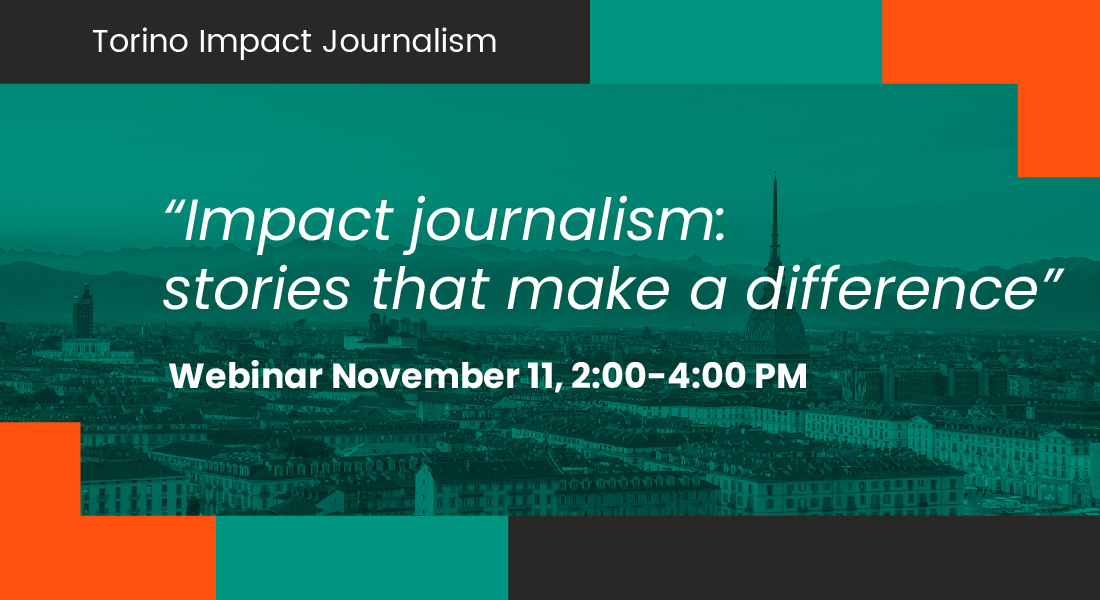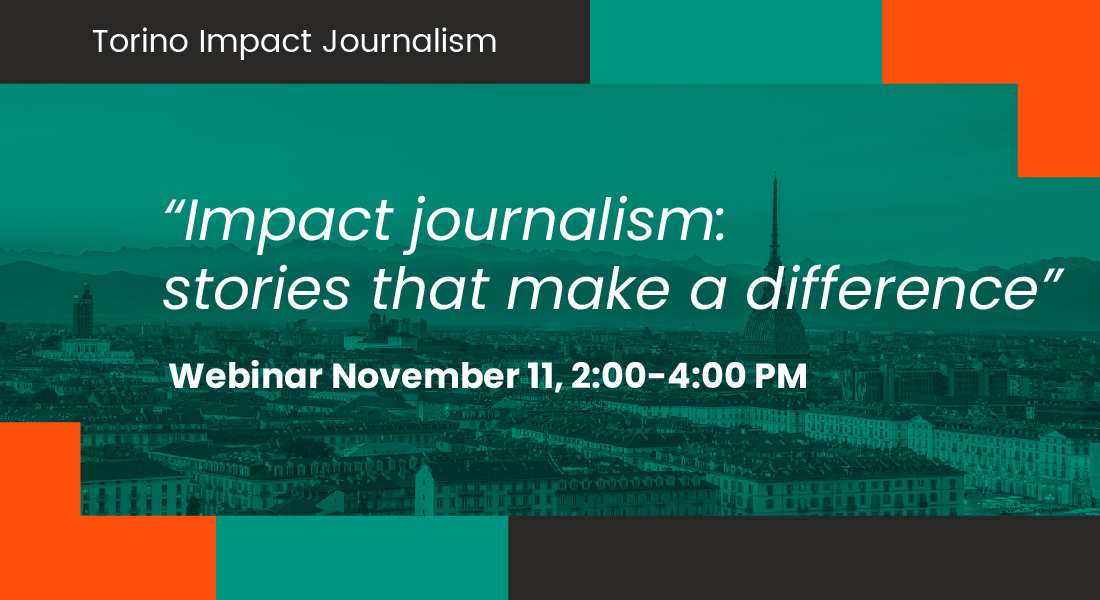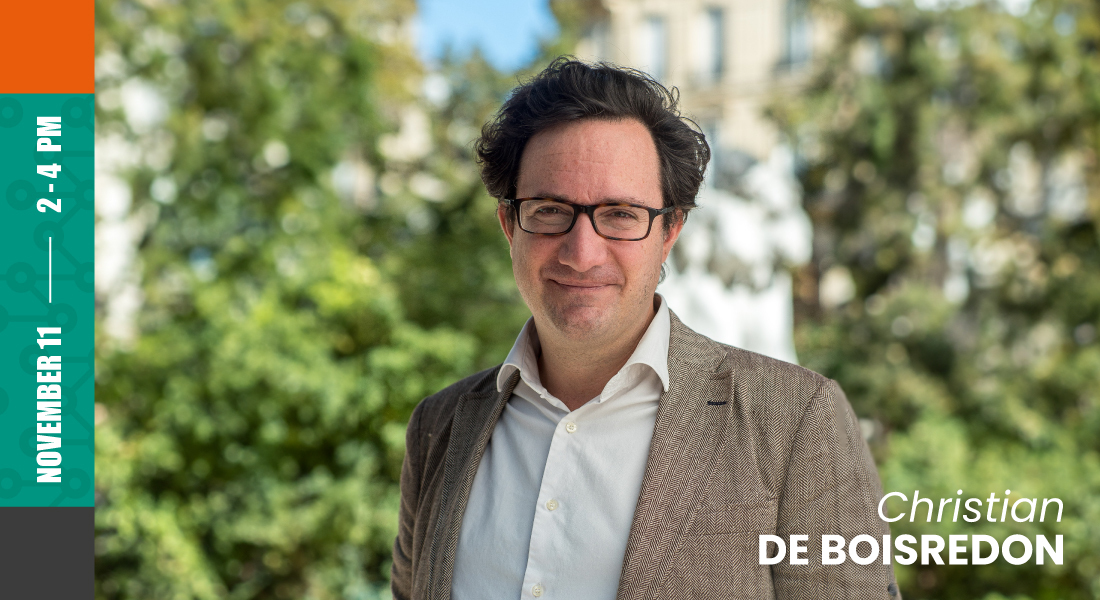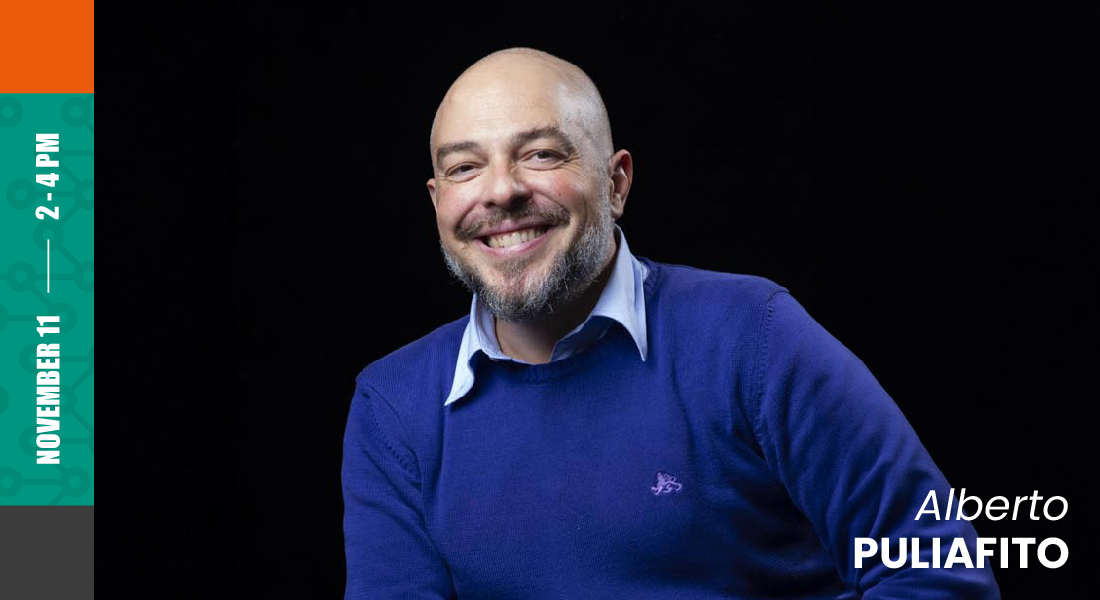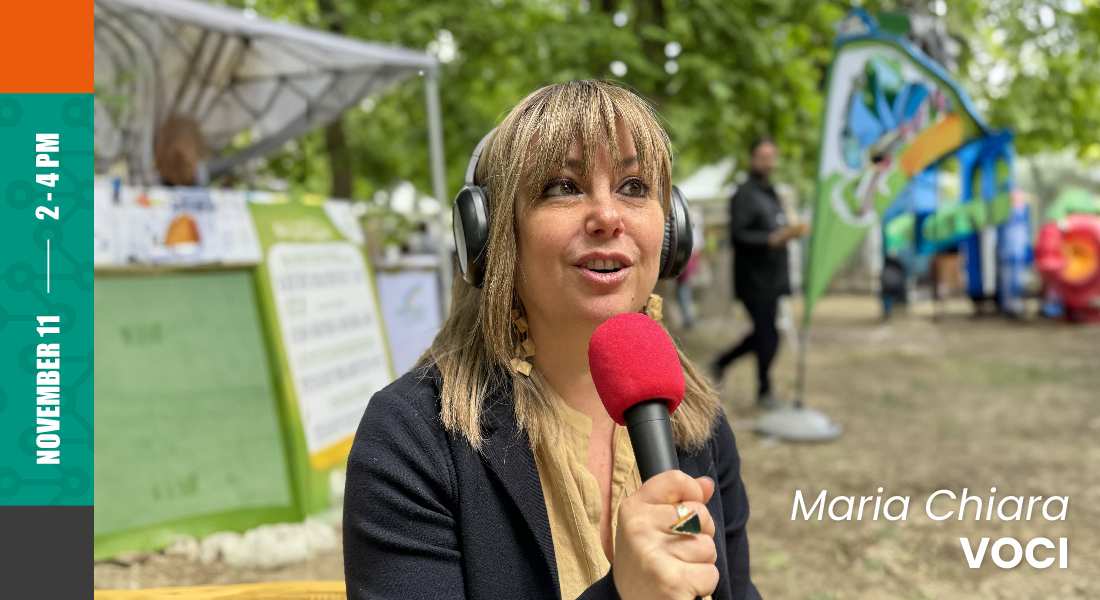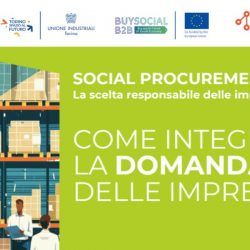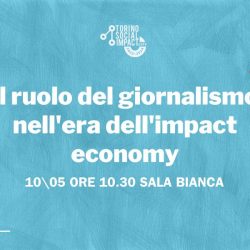On Monday, November 11, from 2 to 4 p.m., the course “Impact journalism: stories that make a difference” was held. This was the third session in a series of webinars under the Torino Impact Journalism initiative, supported by Social Impact Agenda per l’Italia. The initiative seeks to explore how journalism can drive change, engaging all sectors of society—from institutions to businesses—to tackle major environmental and social challenges.
Stories and Insights from Pioneers of Impact Journalism
In today’s media landscape, innovative approaches are transforming the way news is reported. Practices like solutions journalism in the United States and constructive journalism in Europe show that it is possible to go beyond merely delivering information. These approaches focus on stories that offer tangible solutions and promote positive change, creating narratives that inspire and engage communities while addressing problems with an action-oriented perspective.
The webinar “Impact Journalism: Stories That Make a Difference” highlighted these experiences, bringing together national and international speakers to share their stories and showcase successful, impactful examples. Moderated by Maria Chiara Voci, journalist and author at Sole 24 Ore, the session provided a platform for Italian and international journalism to exchange ideas and reflect on best practices.
Mariia Bohdanovska, Digital Analyst at Rubryka, opened the discussion by offering a perspective on impact journalism in the context of war. She shared the experience of Rubryka, a Ukrainian publication addressing complex issues through solutions journalism. Bohdanovska recounted how a story documenting the struggles of a war-affected community inspired tangible support for it. She also explained how Rubryka uses specific tools to measure the impact of its stories and how a constructive approach can reduce polarization among readers, fostering a sense of community and hope.
Camilla Soldati, Content Coordinator at LifeGate, presented the organization’s work in supporting businesses to enhance sustainability through consulting, strategic communication, and environmental projects. She discussed how the publication develops impactful stories, offering concrete examples and case studies of initiatives that have made a measurable difference to communities and the environment.
Alberto Puliafito, Co-founder and Director of Slow News, shared the vision driving his project. With the support of a recent grant for impact journalism, Slow News is currently developing a specific investigation. Puliafito detailed the daily challenges faced, such as balancing financial needs with the desire to delve deeply into stories that align with the principles of slow journalism.
Finally, Christian de Boisredon concluded the webinar by recounting the founding of Sparknews, an organization that has been collaborating with media outlets in over 50 countries to promote impact journalism. De Boisredon shared the challenges of coordinating a global network of journalists with diverse cultures and priorities. Projects like Impact Journalism Day provided concrete examples of how Sparknews maintains a constructive, solution-oriented approach, ensuring that the stories published have measurable impact.
Overall, the webinar provided an opportunity to discuss projects that are creating positive change for people and communities worldwide. A powerful message emerged from the various contributions: reporting interesting news is not enough. Stories must inspire concrete actions and generate real impact.


